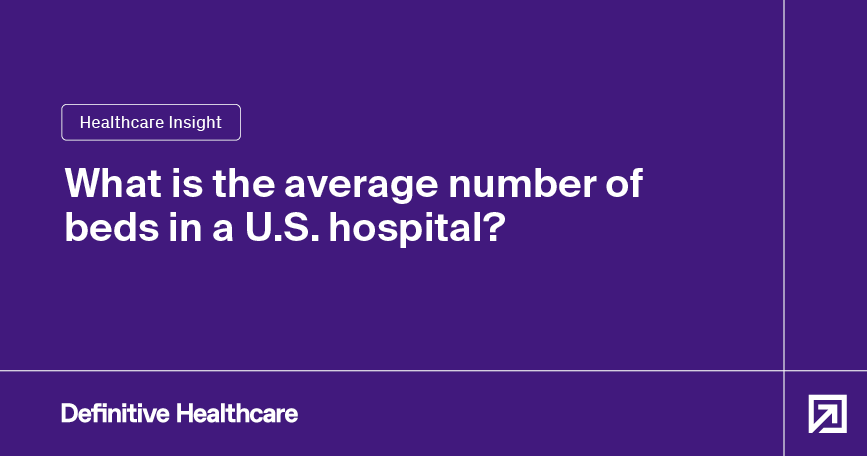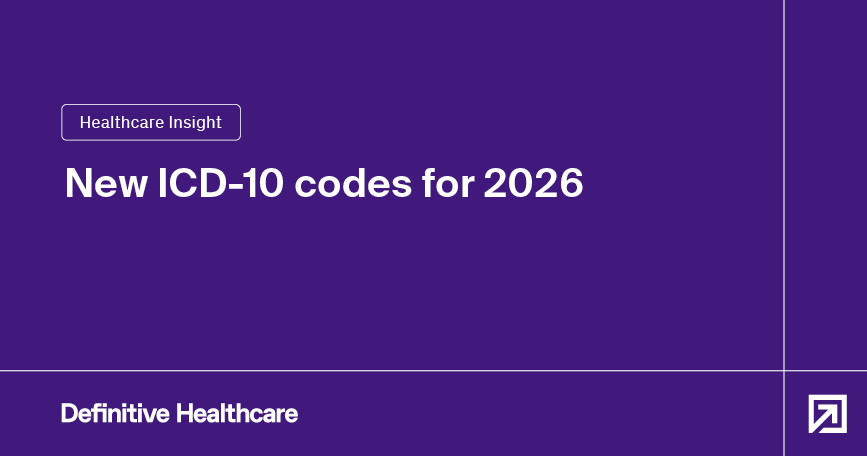Filter by Type

What is the average number of beds in a U.S. hospital?
See the average number of staffed beds in U.S. hospitals and how bed size varies by region and hospital type.

Most common antipsychotic medications by prescriptions dispensed
See the most commonly prescribed antipsychotic medications in the U.S., ranked by prescriptions dispensed using real-world data.

Most common antidepressants
See the most commonly prescribed antidepressants in the U.S., ranked by prescription volume, and explore key trends shaping use.

What were the most prescribed antibiotics of 2024?
Analysis of the most prescribed antibiotics in the U.S. in 2024, highlighting utilization trends and antimicrobial stewardship insights.

Top 10 most common pain medications
See the most commonly prescribed pain medications in the U.S., including opioid and non-opioid drugs, based on prescription volume.

Top 25 IDNs in Texas with the most hospitals
Discover the top 25 IDNs in Texas with the highest number of hospitals. Explore healthcare networks and their impact on community health and access.

Top inpatient and outpatient surgical procedures
Discover the most common surgical procedures in the U.S. Find the top inpatient surgical procedures by volume, the most common outpatient surgeries, and ICD-10 codes.

New ICD-10 codes for 2026
Review the new ICD-10 codes for 2026, including key additions, deletions, and what they mean for healthcare organizations.